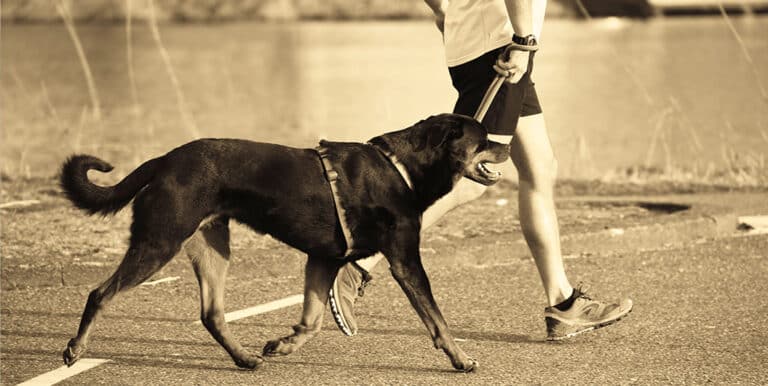How do I get a Dog License?

Most areas require people with dogs to get a license, for the safety of the dog population and so that statistics on the area’s dog population can be kept. As a general rule, dog licenses are required for all dogs over four months of age, and you have two weeks after getting a new dog to apply for one. If you adopt from animal control or a humane society, the staff may handle the licensing for you, if you request assistance.
The first step in the process is finding out which authority in your area issues dog licenses. If you live in a big city, the city’s department of health or animal control office is probably in charge of pet licensing. If you live in a rural area, you may have to file an application with the county clerk. To find out where to go to get a dog license, call a local animal shelter.

Once you know where to go, assemble the required paperwork. You will need a rabies certificate, indicating that the dog has been vaccinated for rabies, and you will also need proof that the dog was spayed or neutered, if you want to qualify for a lower license fee. If you are disabled and your dog is a service animal, your license will usually be free as long as you bring the dog’s service animal paperwork. Police dogs, military dogs, and other working dogs are also exempt from license fees.
Once you have your paperwork together, go to the office which handles dog licenses and fill out an application form. The forms usually ask you to describe your dog, and to provide your name and contact information. The clerk will review the application and your paperwork and ask you to pay a low fee. Typically, the clerk can give you the license tag on the spot. You can also print out the forms and mail them in, along with your fee.

If you move out of the area, you will need to apply for a new dog license. You may also want to update the information on file if you move within your area, because this information can be used to contact you if your dog is found straying. Many regions also ask for periodic proof that your dog’s rabies vaccination is current.
In addition to licensing your dog, you may want to consider microchipping. Microchips are usually available through veterinarians and animal control facilities at relatively low cost. The advantage of a microchip is that it stays with your animal forever, and most humane societies and animal control departments routinely scan the strays they pick up to check for microchips. It might reunite you with a lost pet in the event that the dog’s collar is lost or removed.






